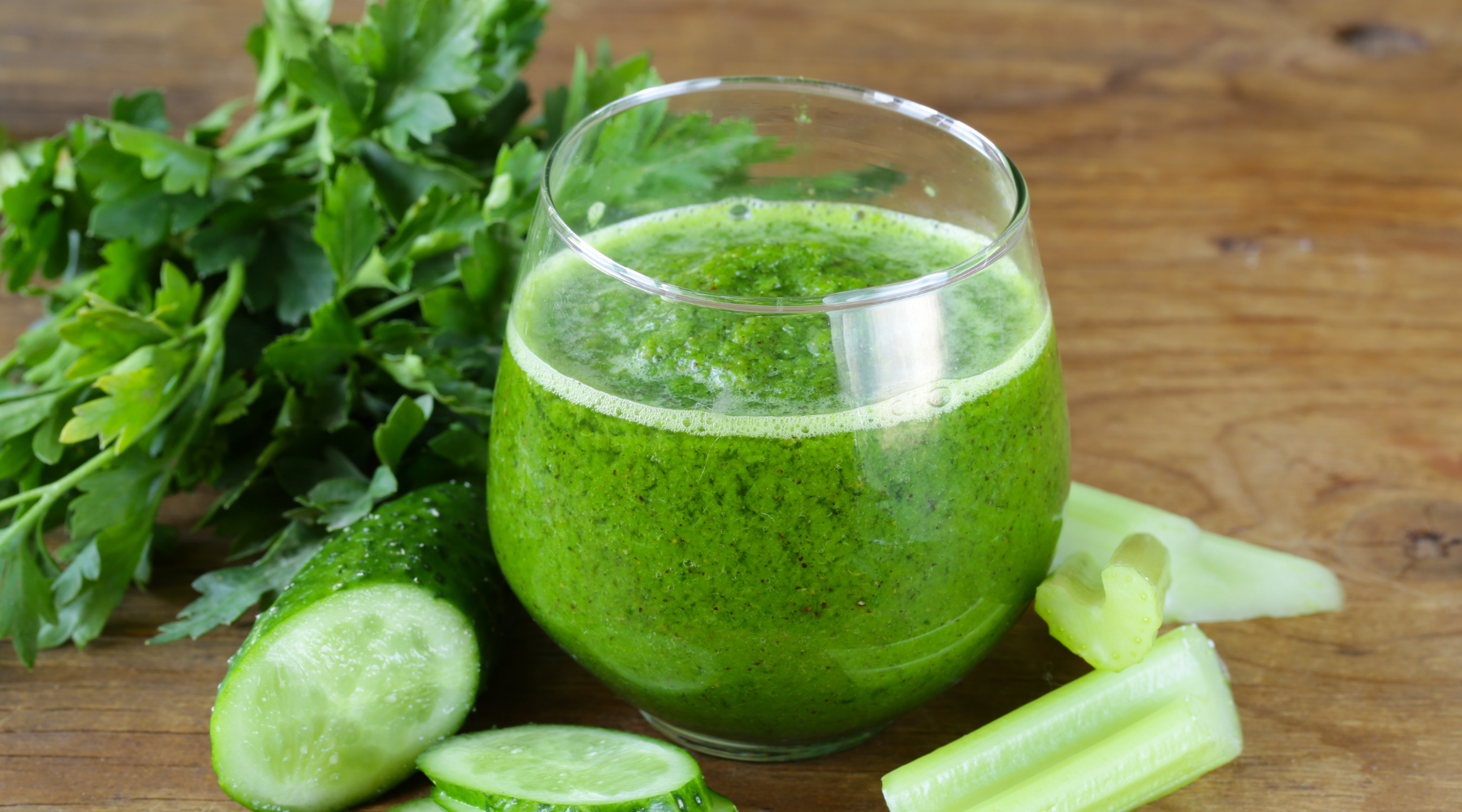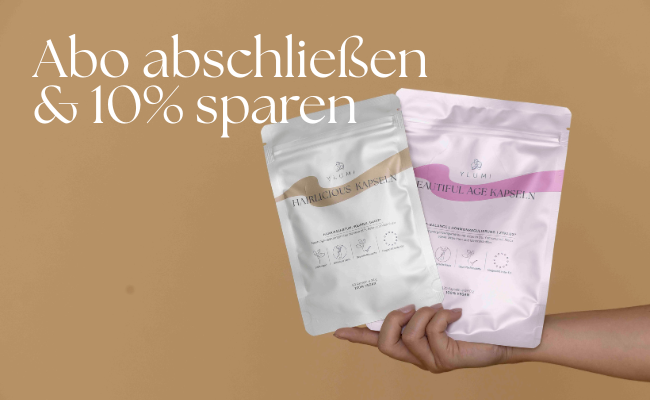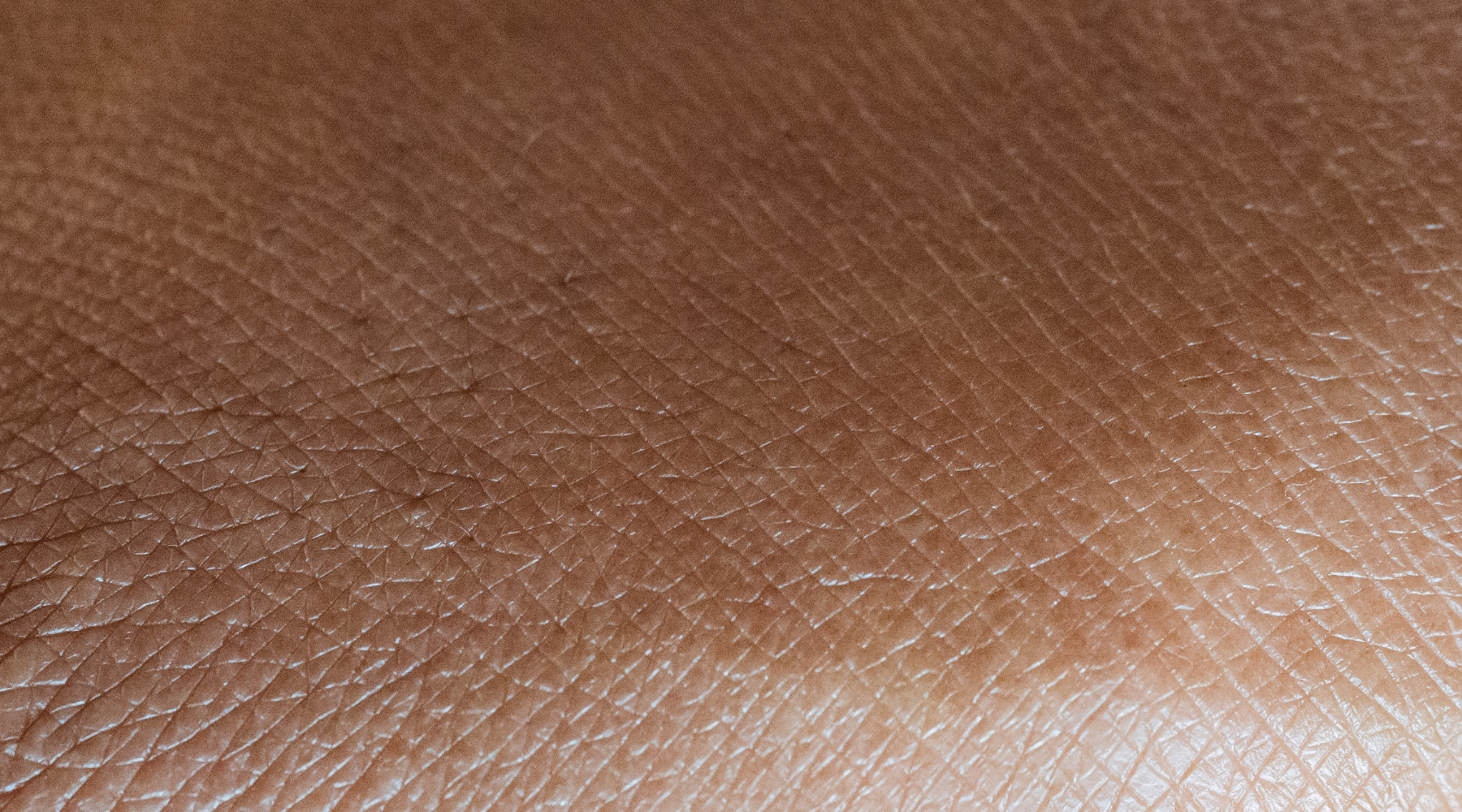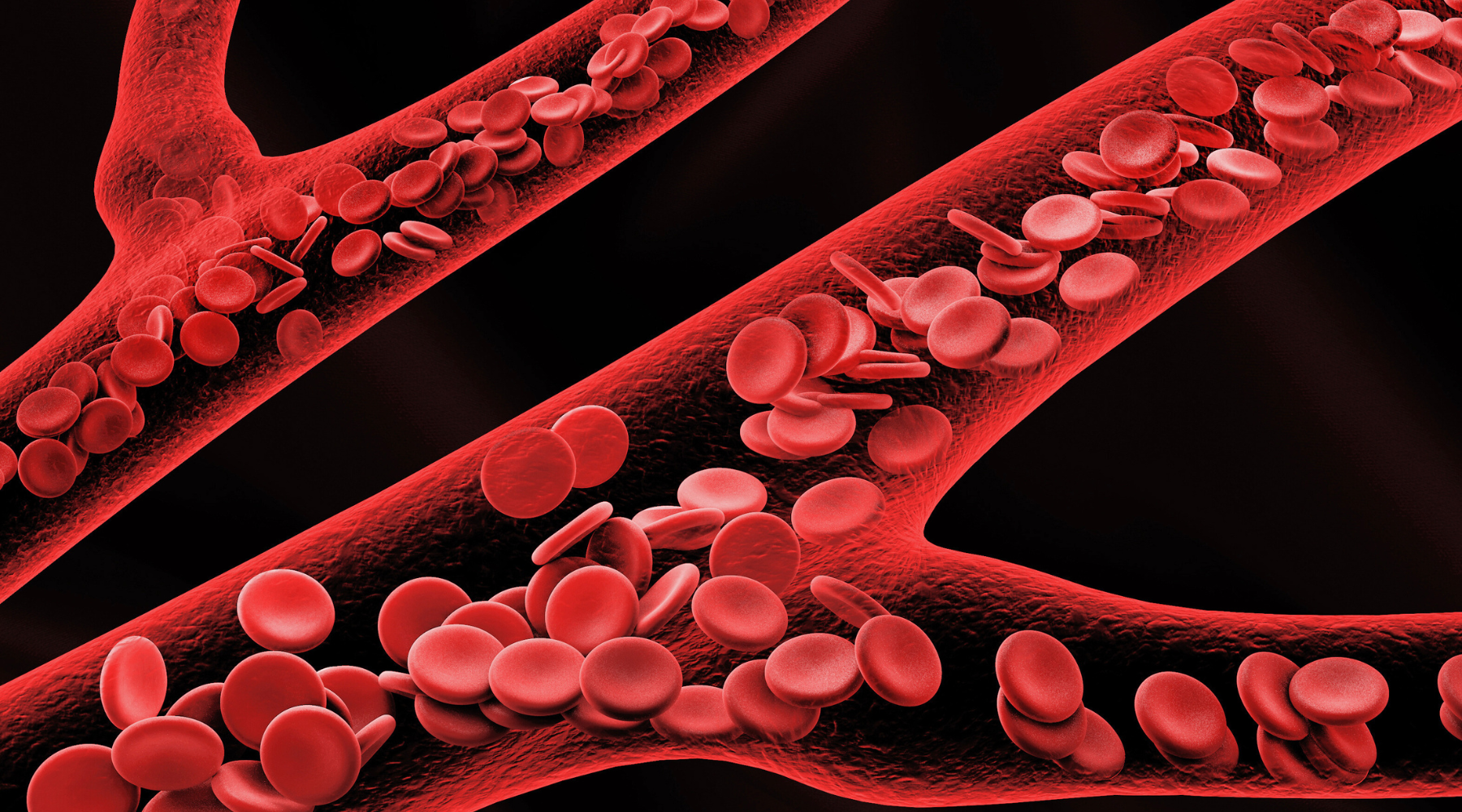
Promote the body’s self-cleansing
The human body is a masterpiece of self-regulation. Every day, it is
We are exposed to environmental stress, metabolic products, and pollutants. However, our bodies have highly developed mechanisms to naturally process and excrete these substances. These processes take place in organs such as the liver, kidneys, skin, and intestines. In this article, you'll learn how you can effectively support these systems and what role lifestyle, diet, and specific ingredients can play.
How does the body eliminate toxins?
The body has a complex system to break down unwanted substances:
- The liver: It is the central organ for the breakdown of foreign substances. In two phases (Phase I and Phase II), toxic compounds are converted and made water-soluble so that they can be excreted.
- The kidneys: They filter the blood and remove water-soluble waste products through urine.
-
The intestine: Fat-soluble metabolic products are transported to the intestine via the bile
released and excreted in the stool. - The skin: Sweat helps to excrete metabolic waste products.
How can we support the body?
Even though our body controls these processes independently, we can promote these natural mechanisms through a conscious lifestyle. Here are six scientifically based tips:
-
Drink enough fluids
The kidneys need fluids to flush out toxins through urine. Water and unsweetened teas are ideal. Aim to drink about 1.5–2 liters a day.
-
Exercise for the metabolism
Regular exercise promotes blood circulation, stimulates lymph flow, and helps the body eliminate metabolic waste more quickly. Even 30 minutes of moderate exercise daily, such as walking or cycling, can make a big difference.
-
High-fiber diet
Fiber supports intestinal health by promoting intestinal motility and faster elimination of toxins. Good sources include whole grain products, vegetables, fruits, and legumes.
-
Sufficient sleep
During sleep, the body regenerates and metabolizes waste products. A regular sleep pattern of 7–9 hours per night is crucial for these processes.
-
Phases of renunciation
Occasionally avoiding stressful substances such as alcohol, nicotine or highly processed foods relieves the liver and gives it time to concentrate on essential tasks.
-
Integrate antioxidants and nutrient-rich foods
Antioxidants such as vitamins C and E help reduce oxidative damage caused by free radicals. Plant foods are natural sources of these protective substances.
Scientifically tested ingredients to support the body's own functions
Some plant substances and nutrients have been shown to have positive effects on metabolism and the functioning of the detoxification organs. Here's an overview:
-
Rhodiola Rosea
Known as "roseroot," Rhodiola can increase the body's resistance to stress and reduce oxidative damage. Studies show that it possesses antioxidant properties, thus protecting cells.
-
Moringa
The leaves of the Moringa tree are rich in antioxidants and secondary
Plant substances that can have anti-inflammatory effects. They contain important nutrients such as vitamin C and beta-carotene.
-
turmeric
The active ingredient curcumin has been shown to support liver function and act as an antioxidant. Studies show that curcumin has anti-inflammatory and liver-protective properties.
-
Agaricus Blazei Murill
This mushroom, also called “almond mushroom”, is known for its immunomodulatory and
It is known for its antioxidant properties. It can help strengthen the immune system.
-
Chlorella
The microalgae Chlorella is rich in chlorophyll and can help bind and eliminate heavy metals in the body.
-
Milk thistle
The active ingredient silymarin in milk thistle supports liver regeneration and protects liver cells from harmful influences.
-
Vitamin C
A powerful antioxidant that neutralizes free radicals and promotes collagen formation
which also benefits the skin.
-
Vitamin E
Helps protect cell membranes from oxidative damage and supports the maintenance of healthy skin.
-
Vitamin B3 (niacin)
Promotes energy production in cells and contributes to the repair of DNA damage.
-
Choline
Choline is essential for liver function and lipid metabolism. It contributes to the efficient breakdown and transport of fats.
Conclusion
The human body is perfectly prepared to rid itself of toxins. With a healthy lifestyle, a balanced diet, and occasional abstinence, we can optimally support these natural processes. The conscious use of plant substances and antioxidants can also help boost metabolism and support cell regeneration.
By relying on the power of our body and nurturing it in a targeted manner, we can feel better, healthier, and more energetic – every single day.





